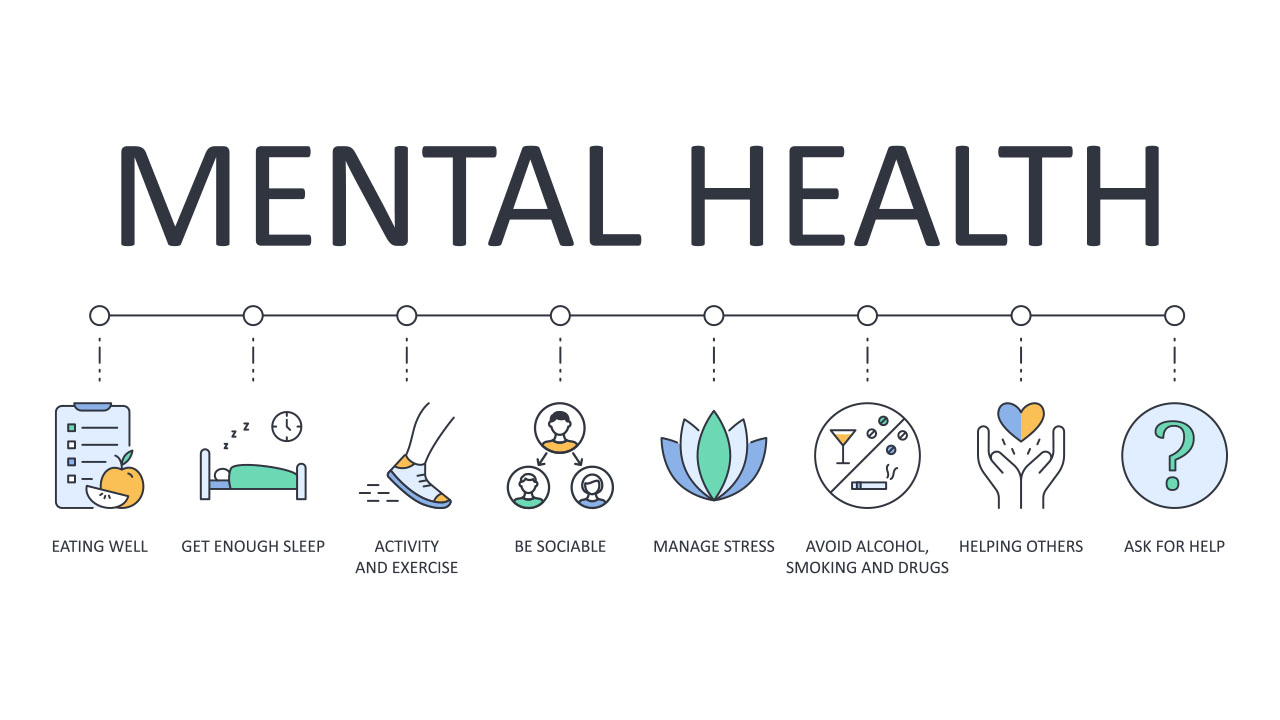A Health Psychologist works with patients to make specific plans to help address psychological factors that affect health. The goal is to create an impact on the patient’s health functioning by making changes in behaviors, coping styles or thought processes.
Health Psychologists can also help patients who are dealing with chronic conditions or disability.
Examples of these interventions might include developing:
- Strategies to cope with chronic pain
- Ways to respond to gastrointestinal symptoms caused by disorders such as Crohn’s disease or Irritable Bowel Syndrome
- Stress management techniques for a patient whose high blood pressure is made worse by stress
Anxiety management skills for:
- Asthma patients whose asthma attacks are partly triggered by fears and worries
- Enduring medical procedures (such as dental procedures; X-rays, MRIs, or other scans)
- Relaxation during treatments such as dialysis, chemotherapy or physical therapy
- Patterns to improve sleep quality in patients with insomnia
- Specific goals to improve diet and increase exercise in patients trying to lose weight
- Coping skills for patients diagnosed with chronic conditions such as cancer, heart disease or multiple sclerosis
- Plans to help patients manage complicated medication plans
- Adopting new eating and exercise patterns in preparation for bariatric surgery
- Ways to adjust to acquired disability (such as paralysis or amputation)
- Improving eating behaviors in children
Many PsyCare clinicians are well-trained with respect to anxiety management and therapeutic approaches to coping with chronic illness and pain.
To learn more information, please follow the
link.
